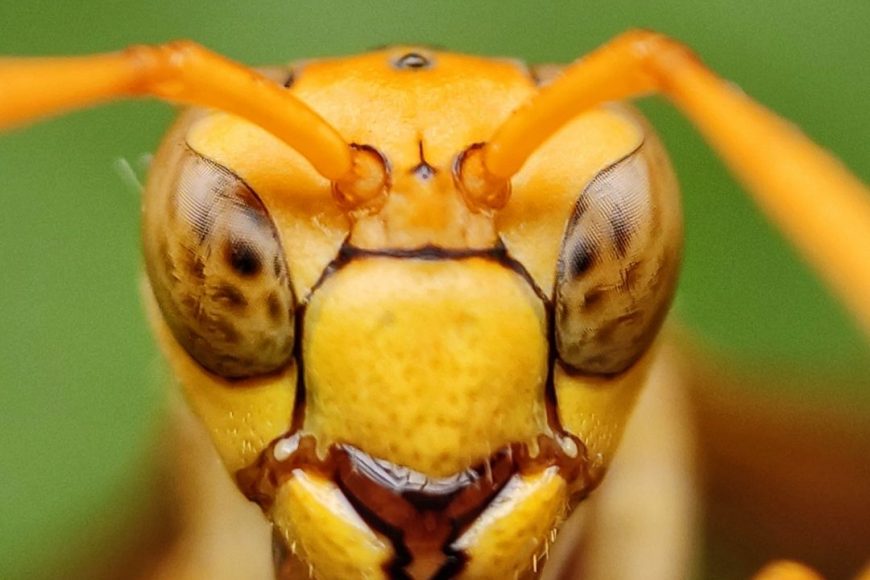Fill out the form below and a Cypress Creek representative will be in touch with you about your pest control needs.
BLOG

Your Guide To Avoiding Wasp, Bee and Hornet Stings
Between 90 to 100 people die each year from allergic reactions that result from the sting of a wasp, bee or hornet. This makes stinging insects the most potentially fatal insect that you can encounter outside.
It’s important to understand the differences between these different species of stinging insects. Out of the bunch, the bees are probably the least of your worries. Hornets are a type of wasp that is more aggressive and has a more powerful sting than a bee, and wasps can sting you repeatedly. A bee will only sting you once, and if it loses its sting, it dies. However, all three species have one thing in common – they inject you with specific enzymes and toxins.
The sting causes a reaction right away. White blood cells will immediately rush to the area bringing along histamines that will cause swelling. The body’s immune system then creates antibodies to fight off the foreign substance, which spreads throughout the location of the sting breaking down cell walls.
At this point, a person who is allergic to bee or wasp stings needs to inject epinephrine and seek immediate medical attention. Around 5% of the population is allergic to stinging insects, and may enter anaphylaxis without treatment. If however, you do not suffer from this allergy, you should be able to handle as many as 10 stings for every pound of bodyweight. Any number above that may clog your kidneys with damaged cell tissue. The potency of the sting will also depend on the species, since some insects will inject more toxins than others.
Avoiding stings
The most straightforward way to avoid being stung is to stay far away from swarms, colonies and nests. Most of these insects will only sting if they perceive you as a threat, so if you happen to find yourself near a nest or a swarm, simply start walking calmly in the opposite direction. If a swarm attacks you, run away from it in a straight line and it may leave you alone once it perceives that you do not pose a threat anymore.
When you are dealing with one or two insects buzzing around, you should maintain the same calm attitude. The insects are likely checking out to see if you’re a threat and will leave soon. If you start to swat at them, it will increase the odds that you get stung. You can also hold your breath when the insects show up for 10-30 seconds. Most insects will get their cues from smell in the air, and your breath may be what attracted them in the first place, especially if you had a sugary meal or drink. You can also avoid wearing bright, floral colors when you’re out at a picnic to reduce the odds that bees and wasps are attracted to your location.
Dealing with an infestation
If bees, wasps or hornets are a constant presence on your property, you may be dealing with a nest, at which point, it’s best to call in a professional. Contact us today if you suspect that you have a wasp, bee or hornet infestation.

